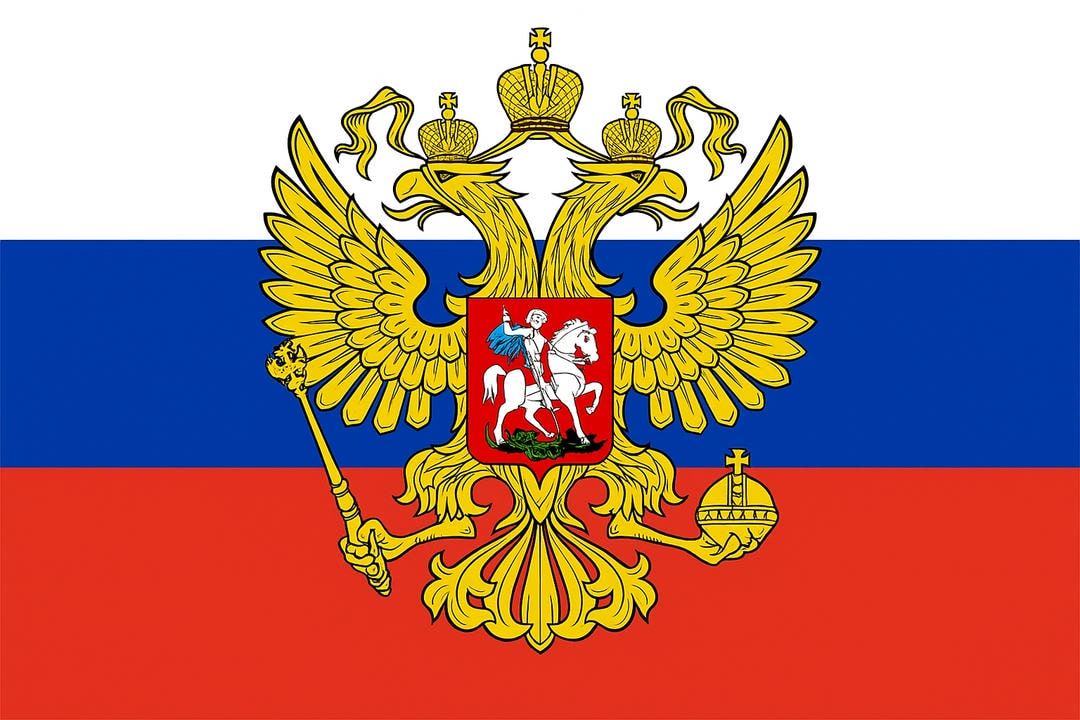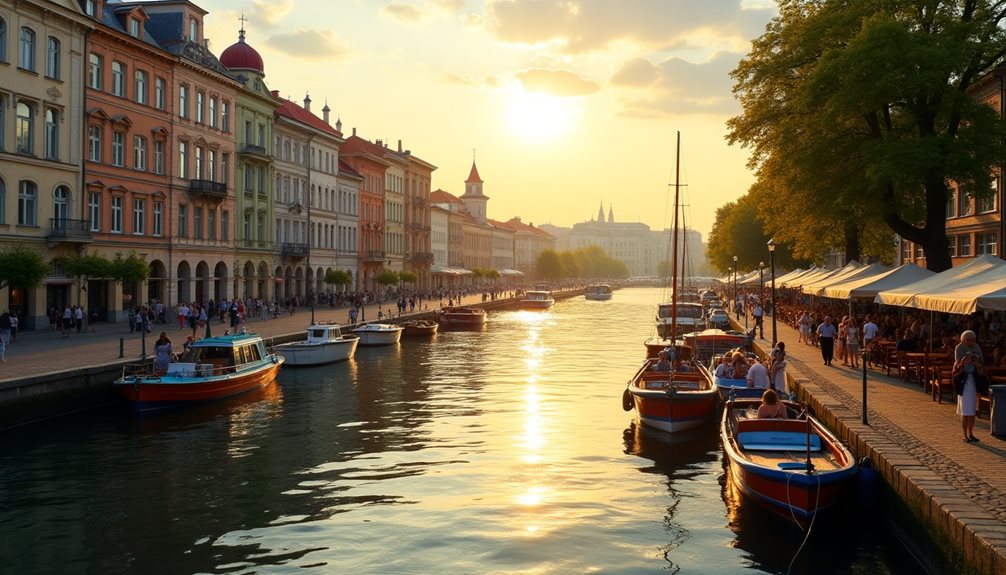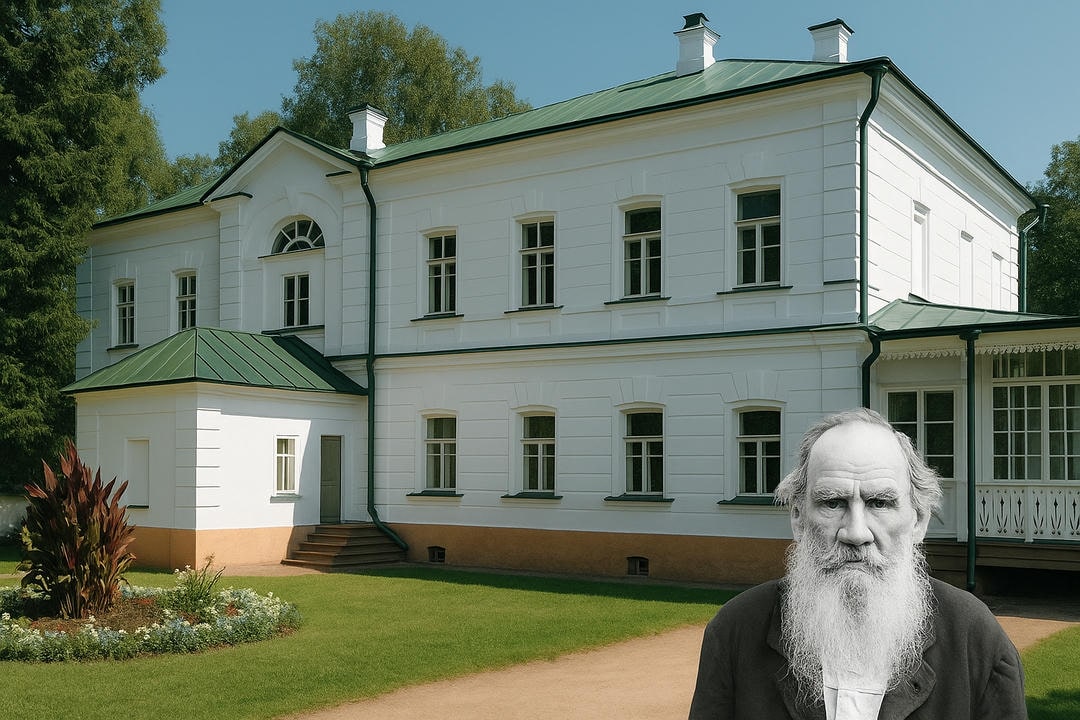Boris Pasternak stands as a towering figure in Russian literature, celebrated for his profound emotional depth and artistic brilliance. His magnum opus, Doctor Zhivago, not only reflects the human experience but also captures the spirit of an era with unparalleled eloquence. Pasternak’s literary legacy extends far beyond his most famous work, encompassing a rich collection of poetry and prose that continues to inspire and captivate readers worldwide.
Introduction

Pasternak’s early years were shaped by a rich cultural environment. His father, Leonid, was an art professor and well-known artist, while his mother, Rosa Kaufman, was a talented pianist. This artistic milieu exposed young Pasternak to influential figures such as Leo Tolstoy, Rainer Maria Rilke, and Sergey Rachmaninoff, who were frequent guests at his home.
Initially planning a musical career, Pasternak studied musical theory and composition for six years before abruptly switching to philosophy at Moscow University and the University of Marburg in Germany. This diverse educational background would later inform his unique literary style, characterized by rich imagery and philosophical depth.
Literary Career and Style
Pasternak’s literary journey began with poetry. His first book of poems, My Sister, Life, composed in 1917 but published in Berlin in 1922, quickly became a significant work in the Russian language. His poetic style evolved to reflect a synthesis of various influences, ranging from Russian folk traditions to European modernism.
Pasternak’s mastery of literary symbolism allowed him to explore complex existential themes, capturing the human condition with striking clarity. His works not only resonated with emotional depth but also exerted a significant cultural impact, challenging societal norms and political repressions of his time.
Pasternak’s Literary Masterpiece
Among Boris Pasternak’s most celebrated works is the novel Doctor Zhivago, first published in 1957. This sweeping narrative captures the essence of early 20th-century Russia, intertwining personal and historical themes with remarkable literary depth. Set against the backdrop of the Russian Revolution and its aftermath, the novel explores the lives of its characters as they navigate love, loss, and the complexities of human existence.
Doctor Zhivago is a quintessential 20th-century novel, reflective in nature, with its central focus on the artist and art as shaped by the spirit and events of their time. Its protagonist, Yuri Zhivago—a physician and poet—embodies the intellectual and emotional struggles of his generation. Through Yuri’s journey, Pasternak offers a vivid portrayal of resilience and creativity amidst societal upheaval.
The novel is renowned for its intricate narrative structure and rich symbolism. Pasternak seamlessly blends historical events with deeply personal experiences, creating a work that resonates universally. Themes of love, family, and the enduring human spirit are explored with striking clarity, making Doctor Zhivago a timeless literary achievement.
Legacy and Cultural Impact
Pasternak’s Doctor Zhivago has left an enduring legacy in Russian literature and global culture. Its vivid depiction of Russian history and exploration of universal human themes have captivated readers worldwide. The novel’s literary brilliance earned Pasternak international acclaim, including the Nobel Prize for Literature in 1958.
Adapted into an Academy Award-winning film in 1965, Doctor Zhivago continues to inspire generations with its poignant storytelling and evocative imagery. Pasternak’s ability to capture the complexities of life through his characters solidifies his place as one of Russia’s greatest literary figures. His works remain a testament to the power of art in expressing the beauty and challenges of human existence.
A Nurturing Artistic Heritage
Boris Pasternak, born on February 10, 1890, in Moscow, emerged from a family of exceptional artistic and intellectual distinction. His early life was immersed in the rich cultural tapestry of late 19th-century Russia, providing a fertile ground for his creative development. The Pasternak household, a vibrant hub of intellectual discourse, welcomed luminaries such as Leo Tolstoy, Rainer Maria Rilke, and Sergey Rachmaninoff, exposing young Boris to a world of profound artistic and philosophical thought.
Parental Influence and Inspiration
Pasternak’s parents played a pivotal role in shaping his worldview and nurturing his appreciation for the arts. His father, Leonid, was a respected art professor and renowned artist, while his mother, Rosa Kaufman, was an accomplished pianist. This dynamic parental influence cultivated an atmosphere where artistic expression thrived, ultimately shaping Boris Pasternak’s perspective and laying the foundation for his future literary contributions.
Early Musical Aspirations
Influenced by the rich artistic heritage of his upbringing, Pasternak initially pursued a career in music. He studied musical theory and composition for six years at the Moscow Conservatory under the guidance of the renowned composer Alexander Scriabin. This formative period in music played a crucial role in developing Pasternak’s artistic sensibilities, providing a foundation that would later inform his literary works.
Philosophical Explorations
As Pasternak’s interests evolved, he found himself drawn to the realm of philosophy. He pursued philosophical studies at both Moscow University and the University of Marburg in Germany. These academic experiences greatly enriched his intellectual growth, exposing him to profound existential themes that would later permeate his literary work. The cultural exchange between Russian and German thought not only enhanced his philosophical insights but also laid a solid foundation for his future explorations in literature.
Literary Awakening
Pasternak’s transition from music and philosophy to literature marked the beginning of a remarkable literary career. His first book of poems, My Sister, Life, composed in 1917 and published in 1922, quickly became a significant work in the Russian language. This collection showcased Pasternak’s unique voice and established him as a leading figure in Russian poetry.
A Legacy of Artistic Excellence
Boris Pasternak’s journey from a musically inclined youth to a philosophical thinker and eventually to one of Russia’s greatest literary figures is a testament to the power of a nurturing artistic environment. His works, particularly his magnum opus Doctor Zhivago, continue to captivate readers worldwide, offering profound insights into the human condition and the complexities of Russian history.
Today, Pasternak’s contributions to Russian literature are celebrated and studied extensively. The inclusion of Doctor Zhivago in the main Russian school curriculum since 2003 underscores the enduring relevance and importance of his work. Boris Pasternak’s legacy stands as a shining example of artistic integrity, emotional depth, and timeless wisdom, inspiring generations of readers and writers alike.
Literary Beginnings
Boris Pasternak’s philosophical studies laid the groundwork for his literary aspirations, marking the beginning of his journey as a writer. Engaging with poetic influences from both Russian and European traditions, he explored early themes of love, nature, and existential inquiry. This exploration resonated within literary circles, where his innovative writing style began to attract attention.
Early Poetry Collections
Pasternak’s debut collections, such as Lyrics (1913) and A Twin in the Clouds (1914), showcased a pivotal moment in his artistic development. These works revealed his use of symbolism through rich nature imagery and introspective lyrical themes, reflecting his poetic influences from Russian Symbolism. The early reception of these collections highlighted his innovative approach, drawing readers to the emotional depth and vivid landscapes that characterize his verses.
A Turning Point: My Sister, Life
A significant turning point in Pasternak’s career occurred with the publication of My Sister, Life in 1922. This collection not only solidified his reputation but also profoundly influenced the trajectory of Russian Symbolist and Futurist poetry. My Sister, Life, exemplified Pasternak’s poetic evolution, drawing on sibling influence as a thematic undercurrent. The collection’s vivid imagery and emotional depth showcased the impact of Symbolism, while its innovative form connected to Futurist experimentation. Collaborations with contemporary poets further enriched this landscape, making “My Sister, Life” a pivotal moment in Russian literature that transcended traditional boundaries and inspired future generations.
Following the success of My Sister, Life, Pasternak navigated a literary landscape increasingly marked by political constraints. The avant-garde influences that initially shaped his poetry began to transform as he faced significant challenges. This shift marked a profound poetic evolution, as Pasternak turned to translation as a means to maintain literary resilience. By translating his own works and those of others, he continued to contribute to the literary world, ensuring his legacy as a masterful writer and translator.
A Literary Icon
Boris Pasternak’s literary career exemplifies the profound connection between art and the human experience, showcasing his unwavering dedication to creativity and authenticity. His journey as a writer was marked by his ability to thrive amidst complex cultural landscapes. His works, including the renowned Doctor Zhivago, reflect the intricacies of individual resilience and artistic expression during transformative periods in Russian history.
Initially inspired by the promise of societal change, Pasternak believed in the potential for art to flourish in a new era. His optimism fueled his creative endeavors, leading to masterpieces that explore themes of love, identity, and the human spirit. As he navigated the challenges of his time, Pasternak’s commitment to authentic expression remained steadfast throughout his career.
Pasternak’s translations of Western literary classics, including works by Shakespeare and Goethe, enriched Russian culture and demonstrated his dedication to preserving artistic heritage. During challenging times, he found solace in translating Georgian poetry and Western classics. This work not only sustained his creative output but also contributed to the cultural exchange that shaped Russian literary traditions.
Boris Pasternak’s legacy is one of artistic brilliance and emotional depth. His works continue to inspire readers worldwide, offering timeless reflections on the beauty and complexity of life. As a pivotal figure in Russian literature, Pasternak’s contributions remain a testament to the enduring power of creativity and human expression. His commitment to artistic integrity has made him a symbol of resilience and inspiration for generations of writers and readers alike.




